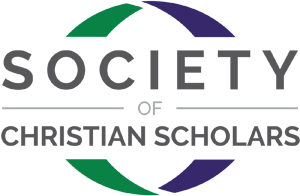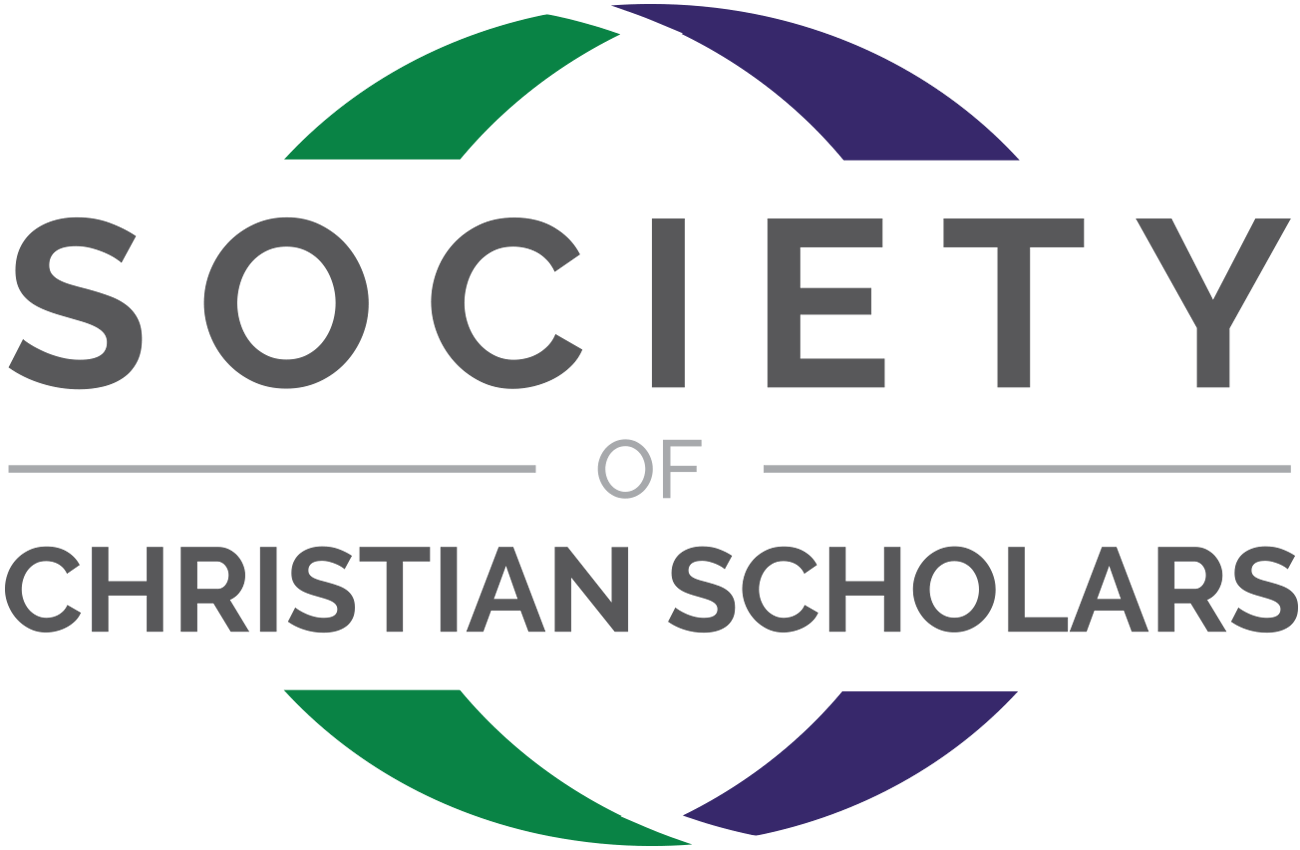From the Cave of Adullam to Chair of the Society of Christian Scholars: A Reflection by Osam Temple
Dear brothers and sisters,
I write with a deep sense of gratitude to our Father in heaven for enabling me to serve faithfully in my second tenure as Chair of the Executive Committee of the Society of Christian Scholars. I am grateful to him for allowing me the privilege to serve as the first chair of the Society and to witness its growth from a concept to a global platform reaching nearly every region of the world. As I reflect on the past four years, I remember vividly where God found me and recruited me into this project. It was in a place I choose to call the “Cave of Adullam.”
Do you remember Adullam? That was David’s hiding place when he was a fugitive running away from Saul. Like David, I was in the Cave of Adullam when God found me. It was the lowest season of my life, and I was completely broken. It was a season of vulnerability, and I needed answers from God. In that season, I tasted the bitter cup of tragedy and watched helplessly as my beloved daughter Oni-Owen passed away. My wife Ify and I held our hands and promised to dig deeper into God. We were hungry for God! We were tired of ‘ordinary Christianity’. That was what took us to Adullam – a place of intensive and unrelenting prayers. It was from these corridors of darkness that the Lord showed his face.
In his mysterious way, he brought Danny McCain, Liam Atchison, and Keith Campbell into my life. A few months later, the Society of Christian Scholars was launched, and this broken inmate of the Cave of Adullam was chosen to be the first chair of the Executive Committee.
In the Cave of Adullam, I learned three lessons: First, I learned that God shows up when we truly hunger for him. Second, he delights in picking up and restoring broken men and women, and third, I learned that to grow in Christ we must be willing to die. For me, the quest for glory, fame, wealth, position, and even approval died inside that Cave of Adullam.
Today, my heart is full of joy as we change batons. Congratulations to the incoming Executive Committee. Many thanks to members of the Society for spreading this vision globally. To the leadership and staff of Global Scholars under Stan Wallace, thanks for your partnership support. Thanks also to all our donors who sacrifice enormous resources to sustain this vision. Finally, I am grateful for the privilege of working with a wonderful Executive Committee team: Martine Audeoud (France), Živilė Sederevičiūtė-Pačiauskienė (Lithuania), Marlene Hines (Jamaica), Joel Huegel (Mexico) Omar Montero (Argentina/Colombia), Ahmed Kora (Senegal) and Keith Campbell (USA).
I wish everyone a merry Christmas and a happy New Year.
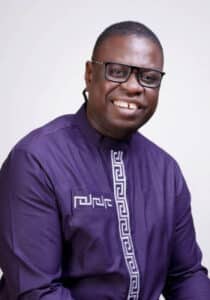
Welcome New Executive Committee
In a recent Addenda we recognized and celebrated our outgoing Executive Committee members. This month, we happily introduce our newly elected members, who began their two-year term on 15 December 2023:

Associate Professor of Politics, University of Liverpool, United Kingdom
Zimbabwe

Reader in Statistics, Director of the Applied Statistics & Risk Unit, Department of Statistics, University of Warwick
United Kingdom
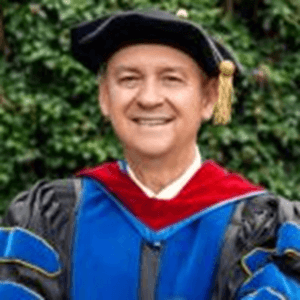
Director of the Centre for Conflict Management and Peace Studies; also Professor of New Testament Theology, University of Jos
Nigeria
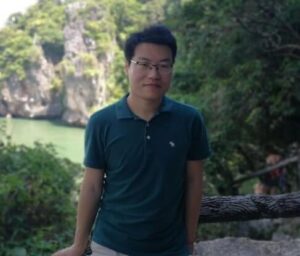
Humboldt Senior Fellow, Free University of Berlin
Germany (originally from China)

Professor of Political Philosophy, University of Calabar
Nigeria

Lecturer in Interreligious Dialogue, Cultural Anthropology and African Endogenous Realities.
Professor of African Traditional Religions and African Traditional
Conflict Resolution Mechanisms (Abidjan) at Université de l'Alliance Chrétienne d'Abidjan,
Ecole Supérieure Baptiste de Théologie de l’Afrique de l’Ouest (Togo),
President of the Laboratoire Interdisciplinaires des Réalités Endogènes: LIRE-Afrique
Benin
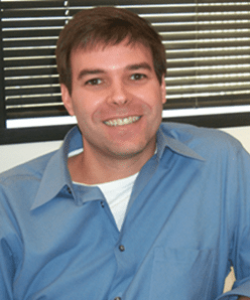
Professor of Neuroscience, University of Texas Southwestern
United States
Please pray for these scholars as they seek God’s guidance in carrying out their purpose as spelled out in Society Governing Policy 2.3.
How can a Christian Practice Buddhist Studies?
An Op-Ed by John Cui (China)
I am a Christian professor majoring in Buddhist studies and working in a secular university. People may be curious about how I can integrate these two identities, which seem to be in conflict. They may ask: how can a Christian do Buddhist studies?
In the book of Acts, Paul preached in various Greek cities, and his sermons stirred up a lot of opposition, but no one would have questioned Paul’s mastery and understanding of Greek culture. Paul’s scholarship made his preaching even more attractive. In Exodus, when the Hebrews left Egypt, they took with them the gold and silver of Egypt, showing that these treasures could also be used by the Israelites.
From my observations, there is a tension between scholars and churches nowadays. Scholars want to study the world objectively, while the church wants more people to know that Christ is the only Saviour. Scholars like to make factual judgements, while churches want to make value judgements so that people can know what truth is. Though it may seem that these two views are in conflict, I believe that the two judgements are not. Because the world is God’s creation, we must be free of personal bias to truly understand and present God’s creation. When we know that everything in the world comes from God, and that different cultures and religions are God’s common grace, we can be more open to study, explore and reflect accordingly.
For me, Buddhism is part of God’s common grace, and therefore it is important to present a true picture of its history and development. To study Buddhism is also to study God’s universal history.
Upcoming Opportunities
Annual Global Scholars Grant Now Open!
The Annual Global Scholars Grant (2024) is now open. Applications can be submitted until 1 February 2024. The purpose of these grants is to help Society members become better equipped to fulfill their calling in academia. Full members of the Society of Christian Scholars are invited to apply.
- November 1, 2023: First day to submit applications
- February 1, 2024: Deadline for grant submissions
- February 1 to April 1, 2024: Grant Evaluation Committee determines grant recipients
- June 1, 2024: Grant recipients announced
- July 31, 2024: Funds awarded
- Grant recipients will be asked to submit regular reports as indicated in the terms of the specific grant.
- Several grants between $500 USD and $2,000 USD will be awarded.
- Applicants who have received this grant last year (2023) are not allowed to apply this year.
Be sure to check the Webinars Page for third-party webinars that are often added on short notice and for updated presenters and topics that may be helpful in equipping you to bring the gospel to bear in your university context.
Upcoming Webinars
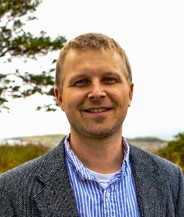
Being Human in an Age of AI: A Christian Perspective by Michael Burdett – Thursday, 21 December 2023 at 1400 UTC
Many academics in the STEM and humanities fields assert that we live in a transhumanist world where human beings can evolve beyond their physical and mental limitations by means of technology and science. These claims raise the specter of a diminished view of human beings, renewing earlier historical conversations about the relationship between technology and what it means to be human.
On Thursday, 21 December 2023 at 1400 UTC, Dr Michael Burdett, Associate Professor in the Department of Theology and Religious Studies at the University of Nottingham (UK), will address some of these concerns about what it means to be human in an age of AI. He maintains that Christian ethical responses to AI ought to take the form of two complementary approaches.
The first approach considers proximate ethical concerns related to AI. This approach most often considers more immediate personal and socio-political repercussions and the kind of impact that is occurring now or could occur in the very near future. Proximate ethics of this type include impacts on fairness, accountability, sustainability and transparency.
The second approach concerns ultimate ethics and focuses on the longer-term impact and implications of AI. Examples of this type might include issues of uniqueness, deep societal transformation and inequality, changes to personal character, and even the role AI might play in God’s ultimate economy of creation and grace.
Dr Burdett contends that the Christian church should incorporate both approaches to AI and that focusing too myopically on one at the expense of the other diminishes the church’s witness in our technological society.
In preparation for the webinar, read Dr Burdett’s June 2023 article, ‘Proximate and Ultimate Concerns in Christian Ethical Responses to Artificial Intelligence‘, published in Studies in Christian Ethics.
Be sure to register today for this important conversation!
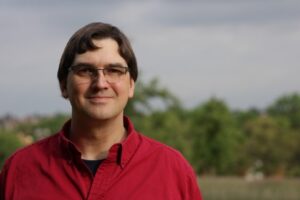
Eyes of the Heart: Towards a Biblical Theology of the Imagination by Ted Turnau – Thursday, 18 January 2024 at 1400 UTC
What does the imagination have to do with being human? What does it mean to be made in the image of the Creator? Is the imagination an ‘idol-making faculty’ designed for us to live in false realities of our own making? Or might the imagination have a more substantive role in figuring out ‘the good life’, or what it means to be human?
On Thursday, 18 January 2024 at 1400 UTC, Dr Ted Turnau, Chair of Journalism and Media Studies at the Anglo-American University in Prague, Czech Republic, will take a deep dive into what the imagination is, what it is for, and what it has to do with living a full human life. He will argue that a life of faith depends on the imagination, on the ‘eyes of the heart’ (Eph. 1:18) being able to see and feel differently. He will draw on both the Bible and resources from literary theory and neuroscience to support his argument.
This talk is a continuation of his June webinar titled ‘Oases of the Imagination and Being Human‘. In preparation, take some time to view the previous conversation and register today!
Disclaimer: The views and opinions expressed in the Addenda are those of the authors and do not necessarily reflect the views or positions of the Society of Christian Scholars.
